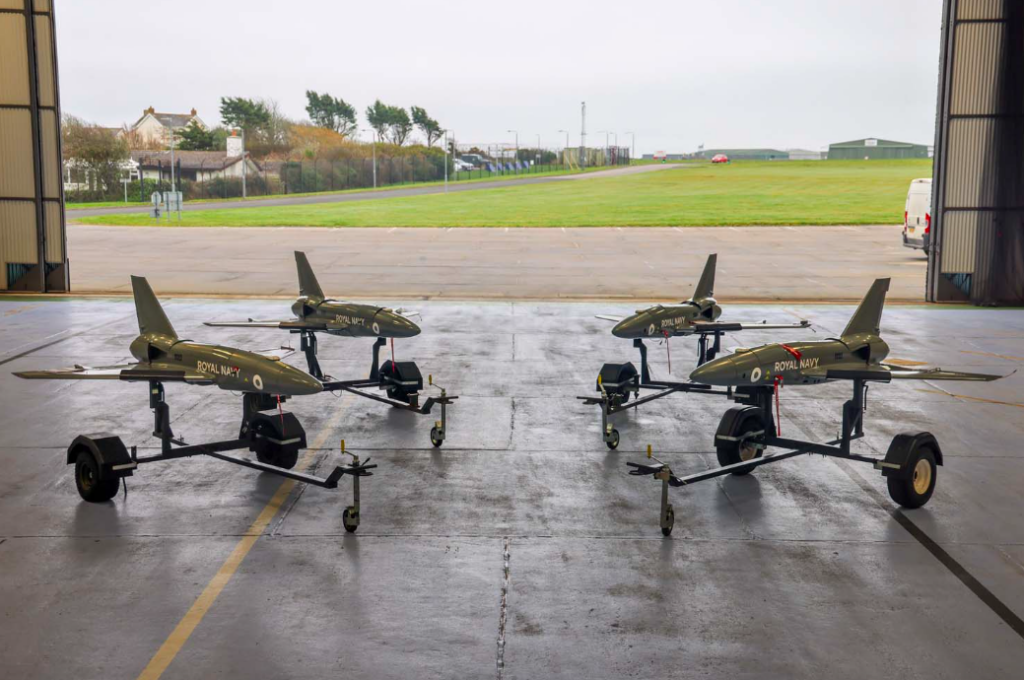
Royal Navy in artificial intelligence push
The UK’s Armed Forces – led by the Royal Navy – must invest in artificial intelligence, drones and technology to face down the threats they will encounter in the future, says First Sea Lord Admiral Sir Ben Key as he announced more striking power for future warships and continuing investment in drones and autonomous systems.
The head of the Royal Navy says with today’s naval battlefield extending “from seabed to space” and “breath-taking” advances in data and artificial intelligence, the Royal Navy had to be “deliberately ambitious” with its goals for exploiting AI.
“It is causing us to reimagine warfare, creating dynamic new benchmarks for accuracy, efficiency and lethality,” Key says.
“The goal is enhanced lethality and survivability through the deployment of AI-enabled capabilities.”

In terms of what it now deemed as ‘conventional’ crewless tech, the Royal Navy is pressing ahead with pilotless helicopters and quadcopters and increased use of jet-powered Banshee drones (pictured left).
But Key wants to go further with longer range, longer endurance drones capable of both gathering intelligence and striking at targets.
Another vital element of increasing the striking power of the fleet is the Mark 41 missile silo. The launcher is being fitted to all eight Type 26 frigates, allowing the new warships to potentially use a variety of current and future anti-air, anti-surface, ballistic missile defence and strike missiles, including the Ray Navy’s Future Offensive Surface Weapon.
The launchers will also now be fitted to five Type 31 frigates – under construction on the Forth. (BAE Systems recently admitted that repairs were being assessed after about 60 cables were cut on HMS Glasgow – currently being fitted out at BAE’s yard at Scotstoun on the River Clyde in Glasgow.)
“We must make our voice heard and increase the recognition once again about the vital importance of the sea for our island nation and the global community,” says Key. “This is what a seapower state does, what I believe the United Kingdom is and should be and must be into the future and I look forward to the part that we will play in continuing to drive it forward.”
Key made the remarks at the Seapower Conference, part of the broader London Seapower Series.
The post Royal Navy in artificial intelligence push appeared first on Marine Industry News.
